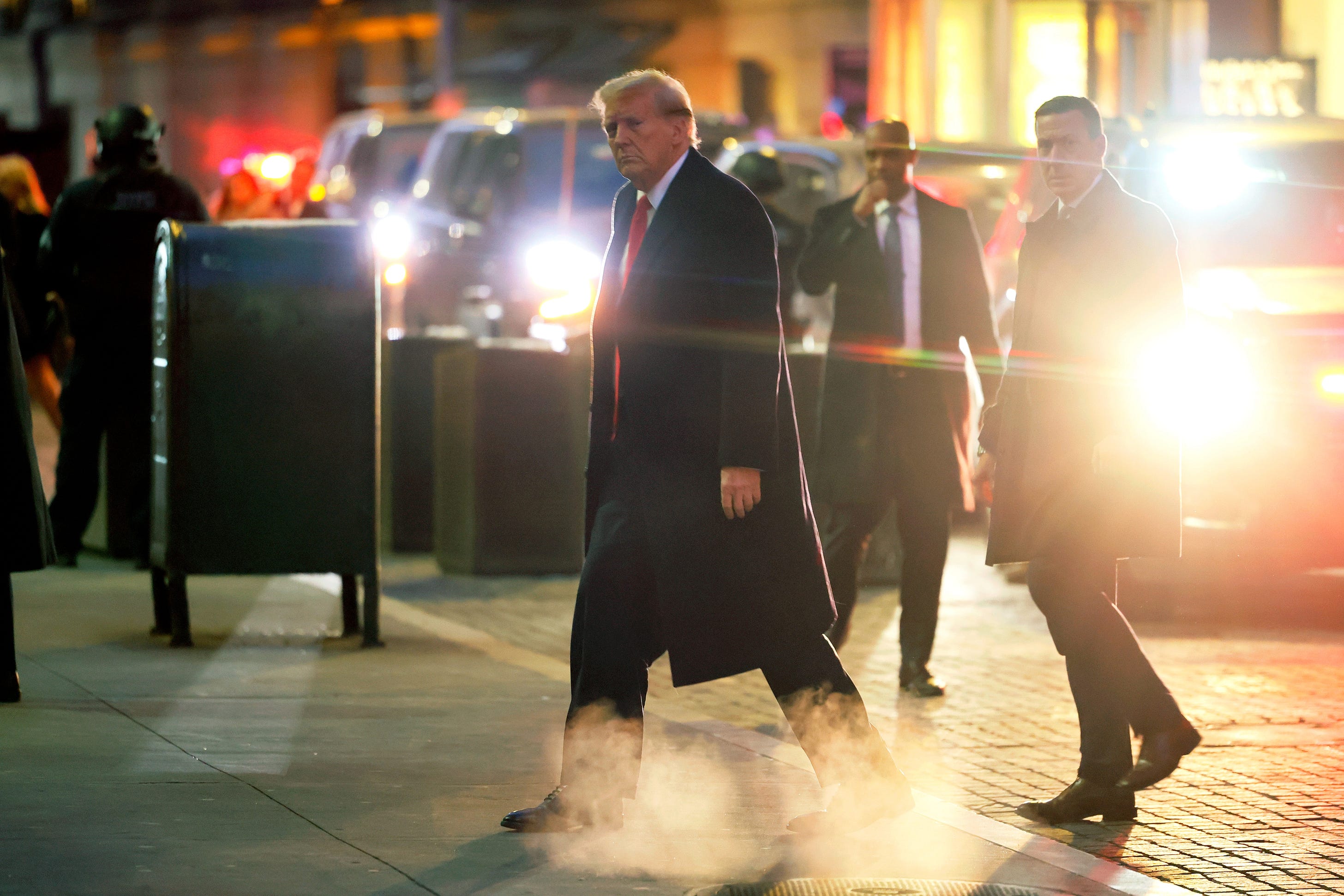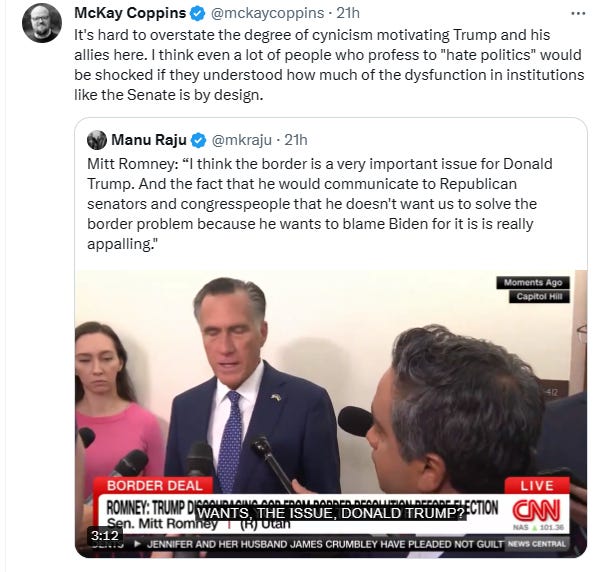We learn from history that we do not learn from history — Friedrich Hegel One of the fondest bits of resistance fantasy has been the notion that the nation’s economic elites — the titans of Wall Street, the beautiful people of Davos, the economic masters of the universe— would, in our moment of peril, mount the barricades to defend democracy. To which a reasonable person might have responded: Have you met these guys? For about five minutes after January 6, it seemed that the business community had, in fact, found or fabricated a moral compass. “There are some members who, by their actions, will have forfeited the support of the US Chamber of Commerce. Period. Full stop,” the chamber’s vice-president, Neil Bradley, declared when the group announced a ban on contributions to representatives who had voted against certifying Joe Biden’s win. There were full-page ads and ringing declarations. “This is not who we are as a people or a country,” insisted Jamie Dimon, the chief executive of JPMorgan. Ah, but. The chamber quietly dropped its ban on election deniers. The cash still flows. And last week in Davos, we found out how far Dimon had evolved on extraneous details like the peaceful transfer of power and attempted insurrections. Dimon now says that Donald Trump was right about lots of things and, like other moguls, is now okay with either Biden or Trump. “My company,” he said, “will survive and thrive in both.” The only surprise here is that we are surprised. In a remarkable piece this week, The Financial Times’s Edward Luce reminded readers, “The 1930s ought to have buried the idea that business is a bulwark against autocracy.”
“Today’s America offers a reminder,” he notes. Why is Wall Street so quickly making its peace with the twice-impeached, disgraced, indicted, authoritarian fraudster? Let’s divide the reasons into three buckets: Venality, rational self-interest, and fear. Let’s start with the obvious: Big business knows that Trump poses a threat to democratic norms and is a cancer on the national culture. But he’s good for the bottom-line, and that, after all, is the business of business. In their world, the trashing of constitutional norms is simply collateral damage. So, as Matt Yglesias notes in his Slow Boring newsletter, it is not shocking that “rich businessmen remember they're Republicans.” Even though they might have preferred a less fascisty option, “they’re now reconciled to riding with Trump, who they see as a non-optimal candidate, but a lock for the nomination and perfectly capable of beating Biden.” “And beating Joe Biden really is the important part…” Forget the eyewash about the border or concerns about the tender feelings of the MAGA masses, he writes. “What Jamie Dimon really wants is the return of business-friendly regulations that will make more money for him personally, for his shareholders, and for his friends.” None of this is particularly mysterious. Writes Luce:
They are also unfazed by Trump’s threats of big tariffs and renewed trade wars, because “less globalisation is a price worth paying for lower taxes. It seems that almost anything is.” Elites tell themselves other stories too: They want a seat at the table. They want to be in the room where it happens. They want access. And they know that if they fail to fall into line now, they risk being cast into outer darkness. Or worse. So, they are afraid. But perhaps not afraid enough, telling themselves that Trump’s “bark is worse than his bite.” In their boundless self-regard many of them (like their counterparts from the last century) seem to think that they will be able to control him or limit his damage. In his first term, the guardrails held, they tell themselves, so how bad could it be? But Trump is openly promising a regime of retribution; and this time around he will have far more weapons to wield. As Protect Democracy warned last week, “A second Trump administration will seek to pierce the independence of federal agencies to expand presidential control over their activities.” That includes the DOJ, FCC, FTC, SEC, IRS and all the vast net of regulatory powers that can be aimed at both individuals and corporations who fall out of favor. As both Trump and Florida’s Ron DeSantis have signaled, there is a ravening appetite on the right for the use of government power to punish ideological dissenters in the private sector. As the Protect Democracy report noted, “Trump made several attempts, with varying degrees of success, to crack down on the media during his first term.”
But the media is far from the only industry that Trump 2.0 could target. DeSantis famously went to war with Disney; and the Trumpian right seems spoiling for a fight with businesses that might take controversial positions on issues dear to the heart of the new MAGA elite. What could Trump do? In an earlier report, the folks at Protect Democracy described some of the ways that the government could punish corporate expression:
In a second Trump term, this would be mere child’s play. But, by then, there will be little that the business elite can do about it. How do we know? We’ve seen this play before. Haven’t we? Just What Putin WantedIn the latest episode of The Trump Trials, Lawfare’s Ben Wittes and I discuss: the GOP’s latest surrender to Trump on the border and Ukraine; Justice Scalia speaks from beyond; how Lindsey flipped on Trump in Georgia; and why the presidential immunity ruling may be taking so long. Plus, a story about a lost puppy. You can listen to the whole thing here. Or watch us on YouTube.  ** BONUS: George Conway and Sarah Longwell on the New Hampshire Primary, then a deep dive into the 91 felonies Trump is currently facing. George explains to Sarah why he thinks Trump will end up in prison.  Quick Hits1. Ukraine Is Committed to Europe and Democracy
2. Weak Republicans Are The Millstone Around Ukraine's NeckAn en fuego Adam Kinzinger in his latest newsletter:
3. Hamas’s Useful Idiots
Daily Shots** You’re a free subscriber to Bulwark+. For unfettered access to all our newsletters and ad-free and member-only podcasts, become a paying subscriber. Did you know? You can update your newsletter preferences as often as you like. To update the list of newsletter or alerts you received from The Bulwark, click here. |





